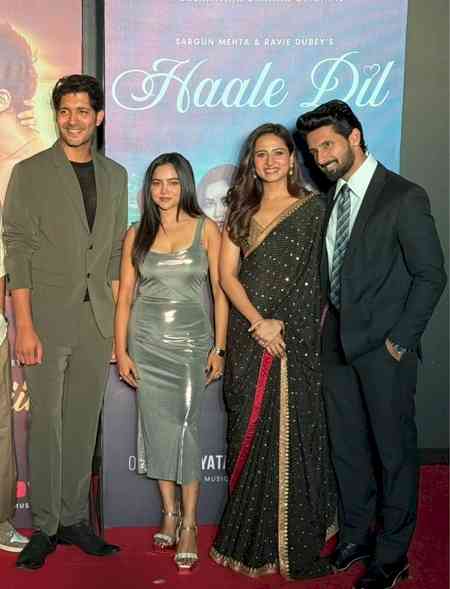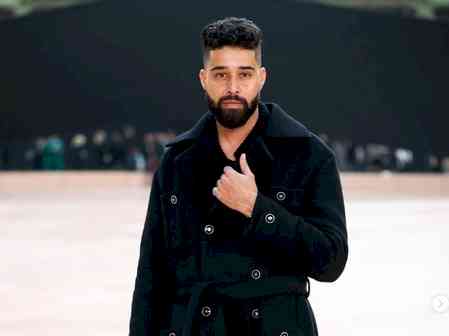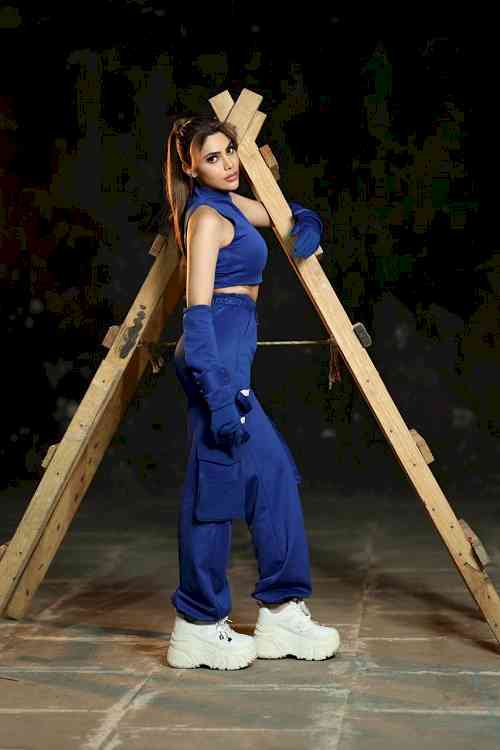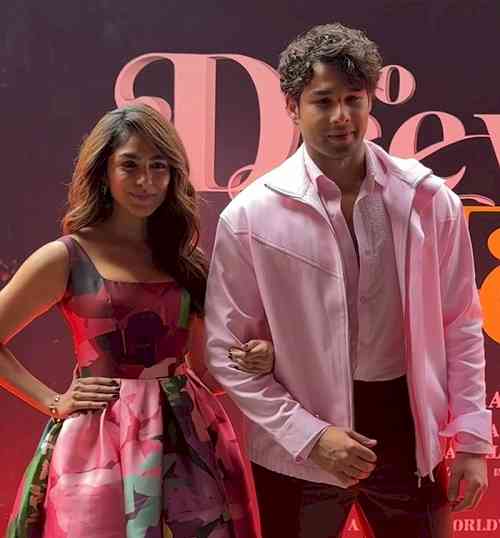Sargun and Ravi Dubey on casting Manisha Rani and Abhishek Kumar in 'Hale dil' & 'Aashiqui'
Actors turned producers Sargun Mehta and Ravi Dubey are backing two new shows "Hale Dil", and "Aashiqui" under their home banner Dreamiyata Drama. During an exclusive interaction with IANS, Sargun and Ravi shared their experience of working on both dramas.

Mumbai, June 4 (IANS) Actors turned producers Sargun Mehta and Ravi Dubey are backing two new shows "Hale Dil", and "Aashiqui" under their home banner Dreamiyata Drama. During an exclusive interaction with IANS, Sargun and Ravi shared their experience of working on both dramas.
Talking about the initial glimpse of these projects receiving a positive response, Sargun told IANS, "People have given a lot of love to both the shows—'Lovely Lola' and 'Dil Ko Rafoo Karle'. If you haven’t seen them yet, you can watch them on the Dreamyata Drama YouTube channel. We are extremely excited and overwhelmed by the wonderful response. We've also released the trailers of 'Haale Dil' and 'Tu Aashiqui Hai', and we’re really hoping the audience will love these shows too."
While "Hale Dil" stars Manisha Rani, and Nishank Verma in the lead, "Aashiqui" has Abhishek Kumar, Amandeep Sidhu, and Mahir Pandhi in the primary roles.
When asked about casting popular faces like Manisha and Abhishek, Ravi shared, "The reason is simple—they are absolutely perfect for their respective characters. There’s no real difference between Indu and Manisha Rani—Manisha is Indu. Similarly, Pamma and Abhishek resemble each other so closely. That kind of synergy between character and actor is a beautiful thing."
During the interaction, Sangun and Ravi also faced the question, "Television shows often tend to follow TRP-driven storylines. Do you think your shows bring a different kind of freshness?"
To this, Sargun replied by saying, "Definitely. We draw inspiration from the drama genre overall—whether it's Korean, Turkish, or Pakistani shows. Korean dramas are hugely popular, especially because they’re limited series. Turkish and Pakistani dramas are also widely loved. But what’s common is that each of them represents their own culture."
"We wanted to tell stories that are complete, meaningful, and time-bound. On television, stories have to be stretched for a long time, and in the process, many creative elements get lost. Here, we have the freedom to present our stories and creativity in a much shorter format, which we’re truly enjoying," she added.



 IANS
IANS 










